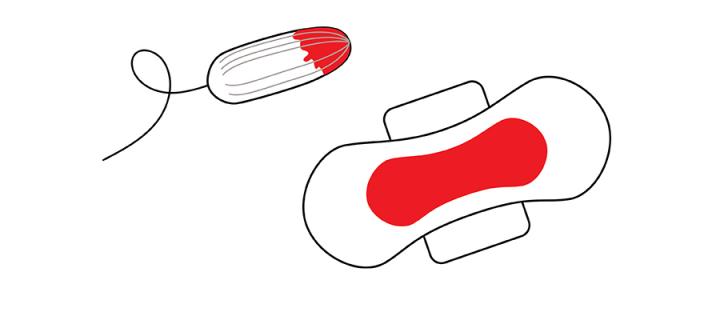Why study menstruation?
There are many things we still do not know about menstruation.

We do not fully understand why it happens, how it happens or the underlying reasons why some people experience problematic menstruation. Research in this field aims to understand the science behind menstruation to help improve the lives of those who menstruate. This may be by preventing period problems, improving current treatments or developing better treatments.
Improving our understanding of how the endometrium (lining of the womb) functions when it is working well may also improve treatments for other conditions. The repeated shedding and repair of the endometrium is quite remarkable and occurs every month without causing scarring or loss of function. If we can determine how the endometrium does this we may be able to improve treatments for conditions in the lung, liver or kidneys, where scarring is very problematic.
Hear more from Dr Maybin in a short video - Research in a Nutshell.
Read more about our menstrual research - Secrets of the womb
Studying the impact of menstruation on mental health, social function and economic health is vital. This research will inform policy makers and drive real change in our society to create a diverse, equal society where we can all reach our full potential.

